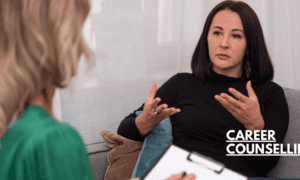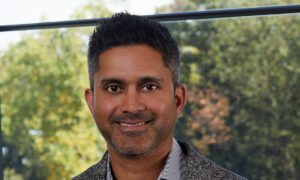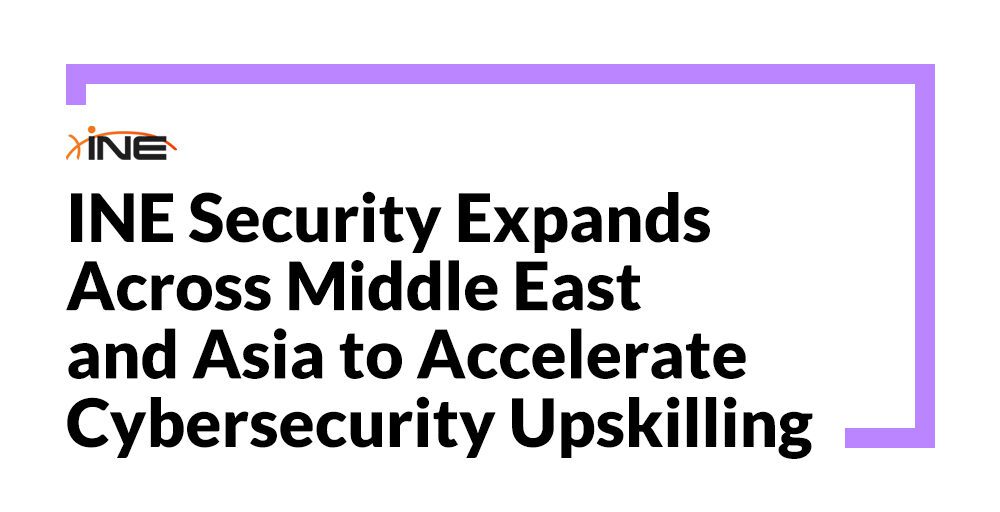Unplugging has moved from luxury to necessity in an era of endless notifications, screen fatigue, and 24/7 connectivity. For many professionals and individuals alike, the challenge isn’t just productivity—it’s preserving mental clarity, emotional balance, and even physical health amid digital overload. Dr. Gregory Duhon, MD, an Internal Medicine Physician and Hospitalist with frontline experience in high-intensity environments like emergency rooms, reflects on the power of digital detox as a pathway to better focus and resilience.
“Technology is integral to modern life and medicine,” Gregory Duhon MD notes. “But just like with anything powerful, its overuse can come with a cost.”
The Cost of Constant Connectivity
Several studies have pointed to the potential adverse effects of prolonged screen time. Research published in BMC Public Health(1) suggests a correlation between high screen exposure and increased anxiety, depression, and sleep disruption, particularly in young adults and adolescents. Meanwhile, other studies suggest that excessive device use may be associated with attention-related issues and reduced cognitive control(2).
Though more investigation is needed to understand the scope of these outcomes fully, what’s clear is that modern life rarely offers a pause. The average American adult reportedly spends over 8 hours a day in front of a screen(3), a figure that’s only grown in recent years.
Why Short, Regular Breaks Matter
According to Dr. Gregory Duhon, introducing intentional breaks—whether 15 minutes of screen-free time every hour or a full digital-free weekend day—may help recalibrate one’s mental and emotional state.
“Just stepping away allows your nervous system a chance to reset,” says Dr. Duhon. “You start to notice how often your attention is pulled in multiple directions. A short walk, meditation, or even cooking without a podcast in your ears can offer real benefits.”
While Dr. Duhon emphasizes the importance of individual routines, he also highlights the potential value of what some refer to as “micro-detoxes.” These are small, consistent choices to disconnect—leaving the phone in another room during dinner, switching to grayscale to make screens less appealing, or choosing paper over digital when possible.
A study from the University of California4, Irvine, found that frequent interruptions from digital devices can negatively impact productivity and increase stress. Reducing this “digital noise,” even incrementally, can support better cognitive function and improve work and personal interactions.
A Life Beyond the Screen
Gregory Duhon’s life offers a model of balanced engagement. When he’s not on call, the Louisiana native can be found surfing, cooking Cajun and Vietnamese meals, or tending to his passion fruit plants. His off-screen pursuits include triathlon training, which has already taken him through an Olympic Triathlon and a Half-Ironman, with full-ironman goals on the horizon.
“Training for endurance events forces you to be present,” Duhon explains. “Scrolling your phone in open water or biking for hours is impossible. That stillness helps re-center everything else.”
In a world where digital is the default, Dr. Duhon believes that finding ways to disconnect—even briefly—can be a quiet act of empowerment. It’s about reclaiming attention, reinforcing boundaries, and choosing presence over distraction.
About Gregory Duhon
Dr. Gregory Duhon, MD, is an Internal Medicine Physician and Hospitalist with acumen in ICU, emergency room, and crisis/pandemic management. Known for compassionate patient care, Dr. Duhon has donated volunteer time to provide medical care to flood victims and those affected by opioid addiction. Gregory Duhon is training for the Ironman and enjoys travel, cooking, and passion fruit propagation.
Sources
1) Nagata, J.M., Al-Shoaibi, A.A., Leong, A.W. et al. Screen time and mental health: a prospective analysis of the Adolescent Brain Cognitive Development (ABCD) Study. BMC Public Health 24, 2686 (2024). https://doi.org/10.1186/s12889-024-20102-x
2) Wacks Y, Weinstein AM. Excessive Smartphone Use Is Associated With Health Problems in Adolescents and Young Adults. Front Psychiatry. 2021 May 28;12:669042. doi: 10.3389/fpsyt.2021.669042. PMID: 34140904; PMCID: PMC8204720.
3) Bietti, Elettra, The Data-Attention Imperative (February 16, 2024). Northeastern University School of Law Research Paper No. 473, Available at SSRN: https://ssrn.com/abstract=4729500 or http://dx.doi.org/10.2139/ssrn.4729500
4) University of California, Irvine: The Cost of Interrupted Work: More Speed and Stressd



































